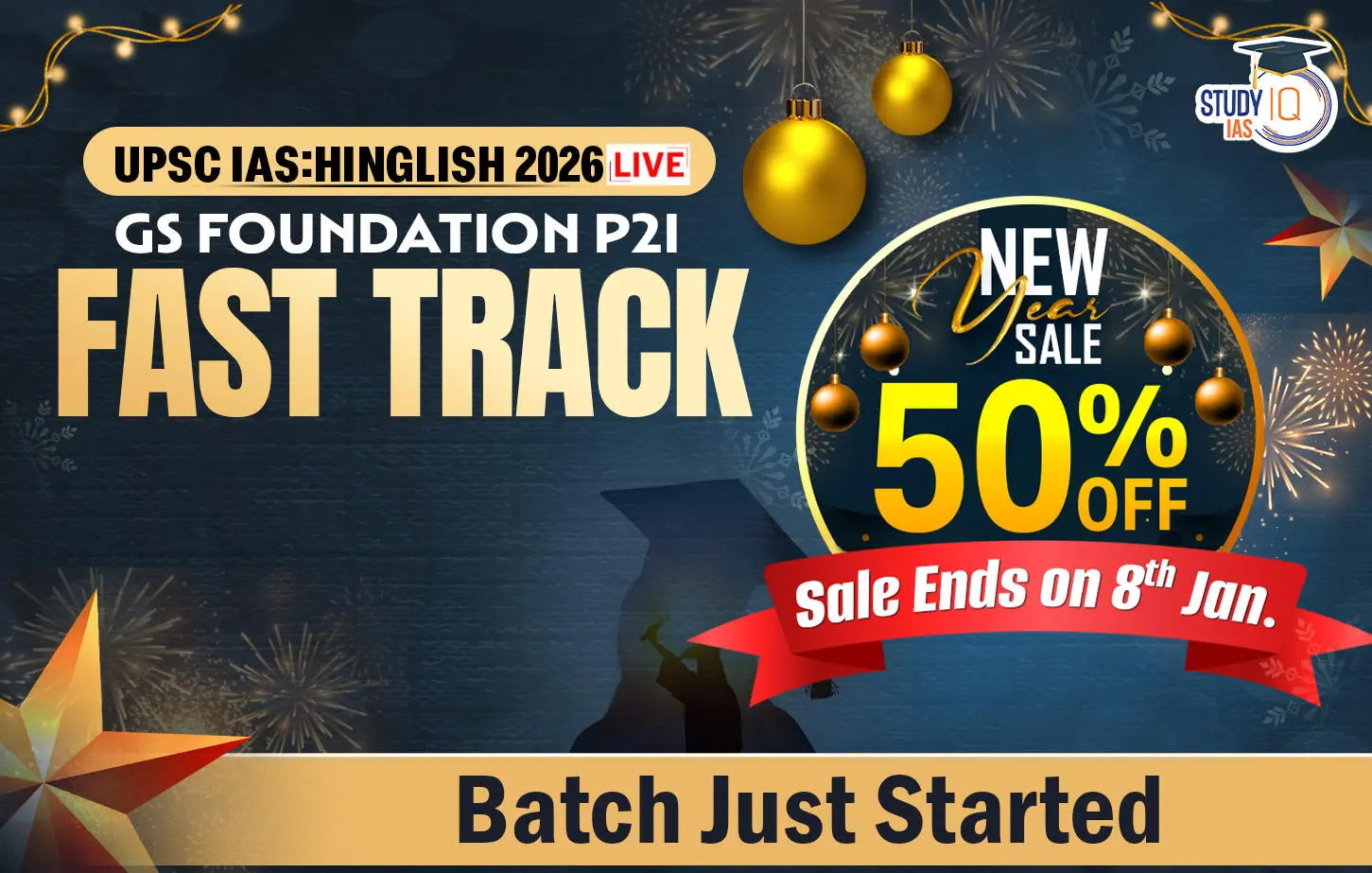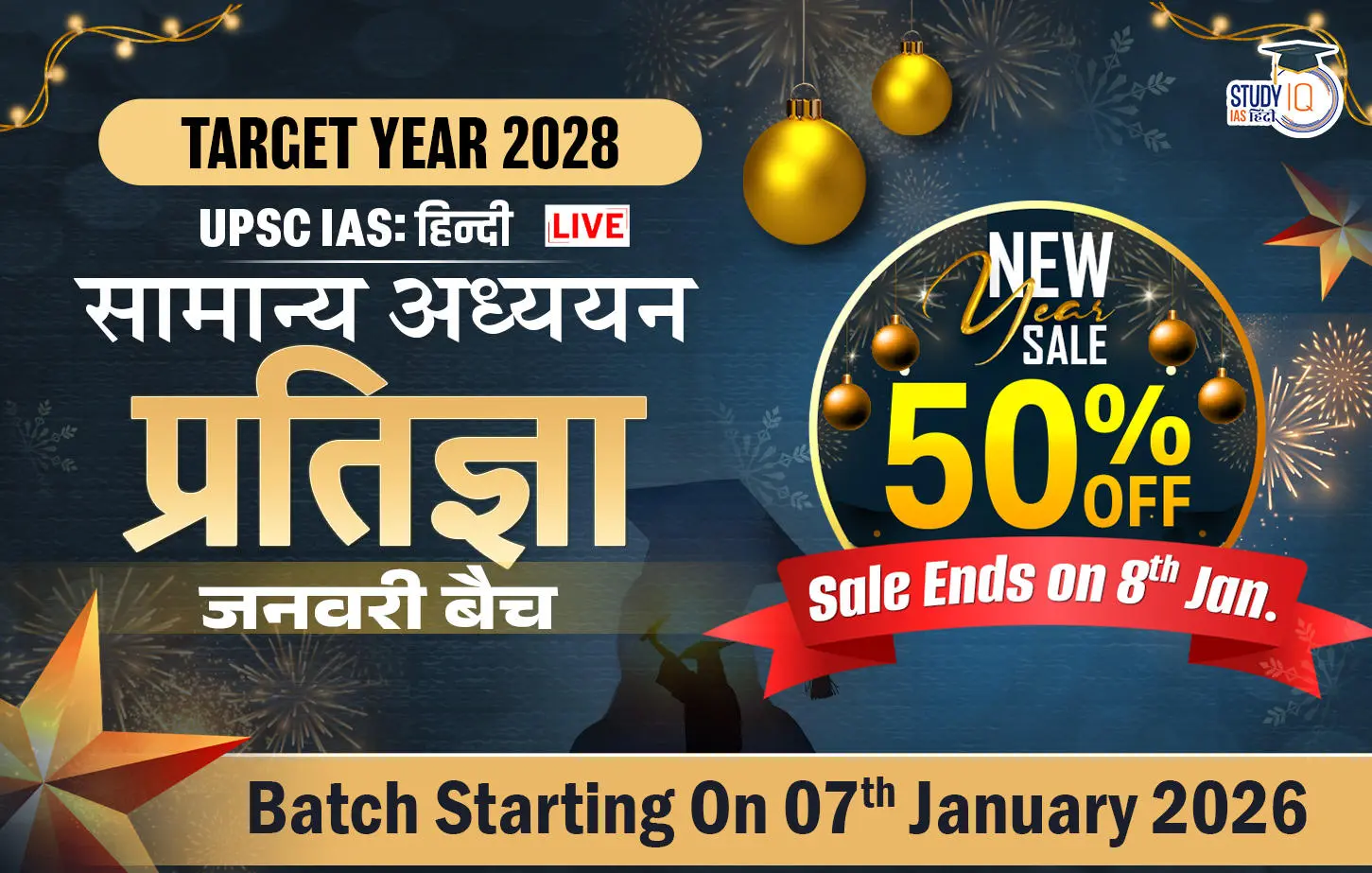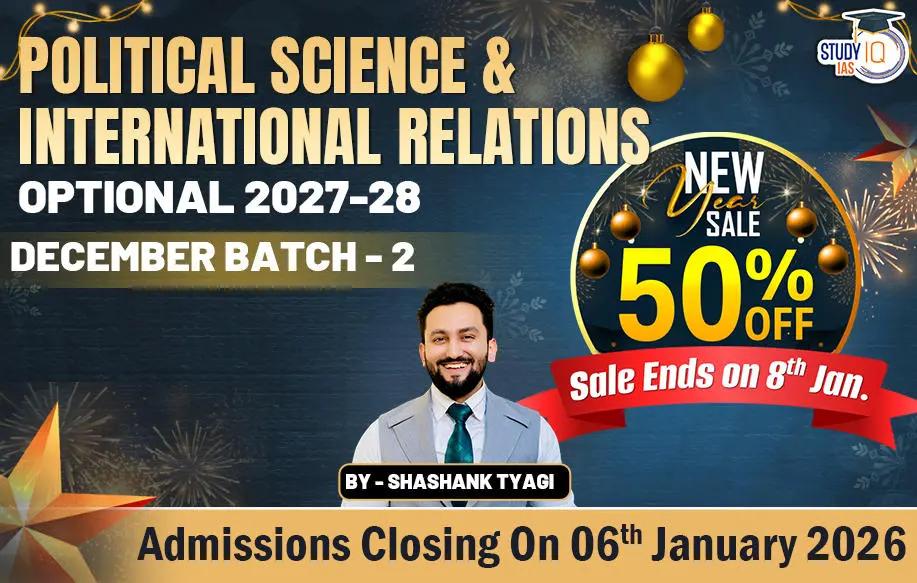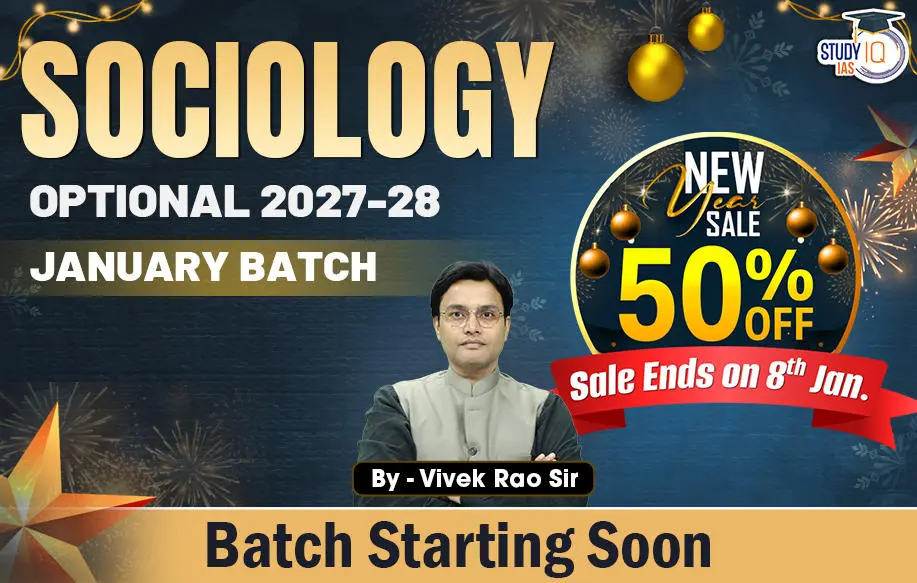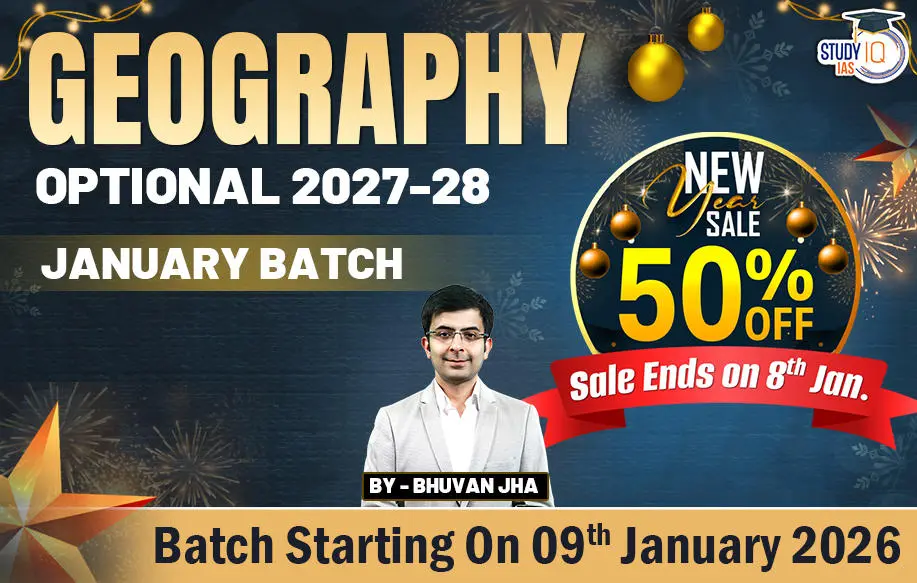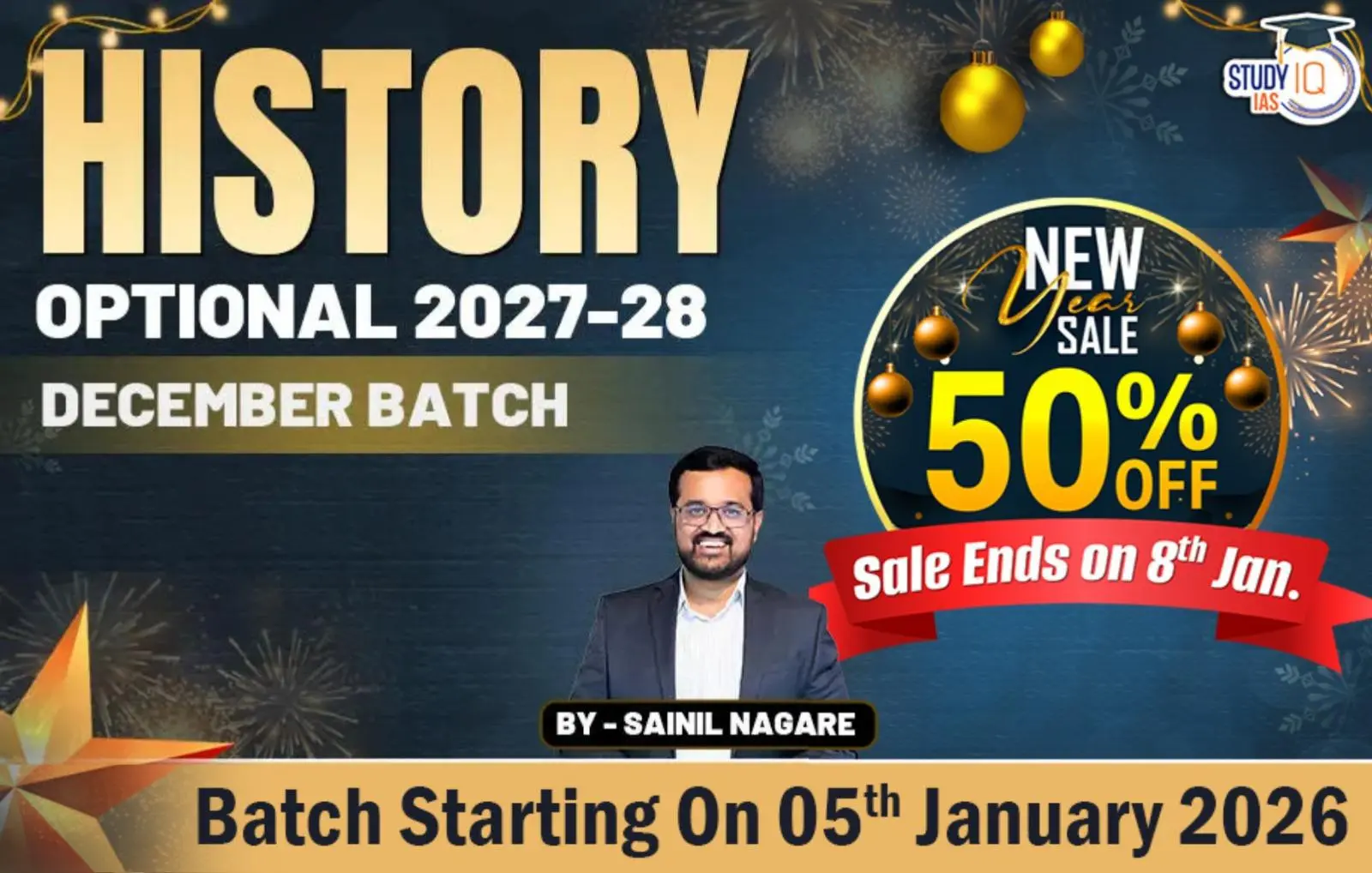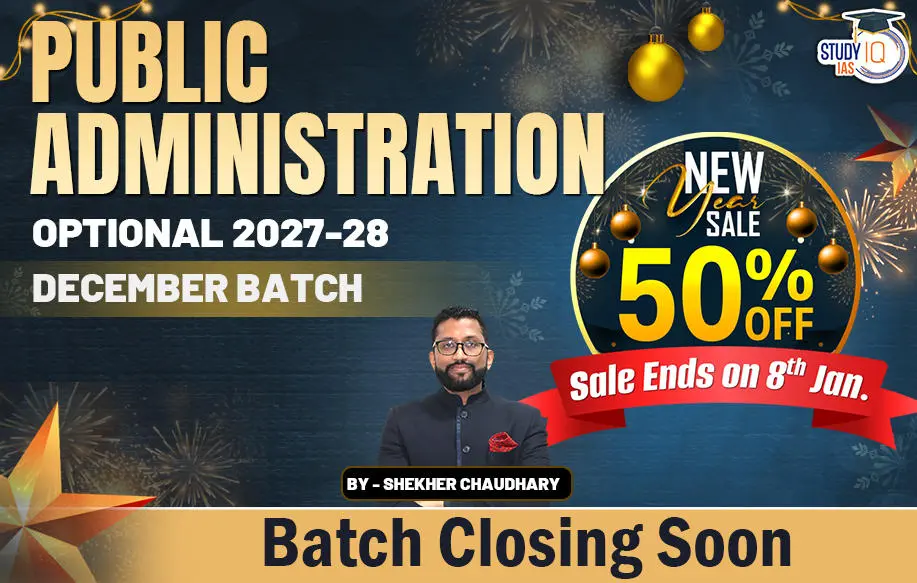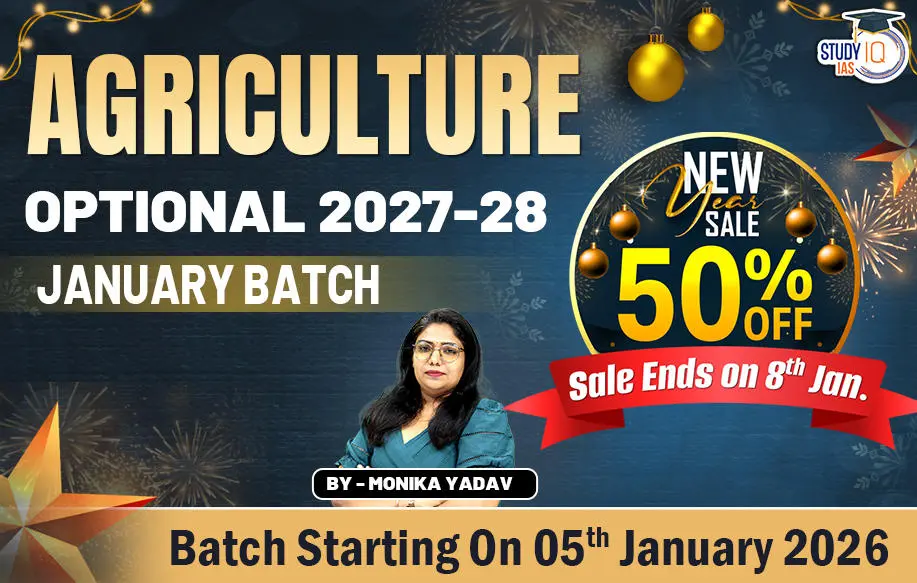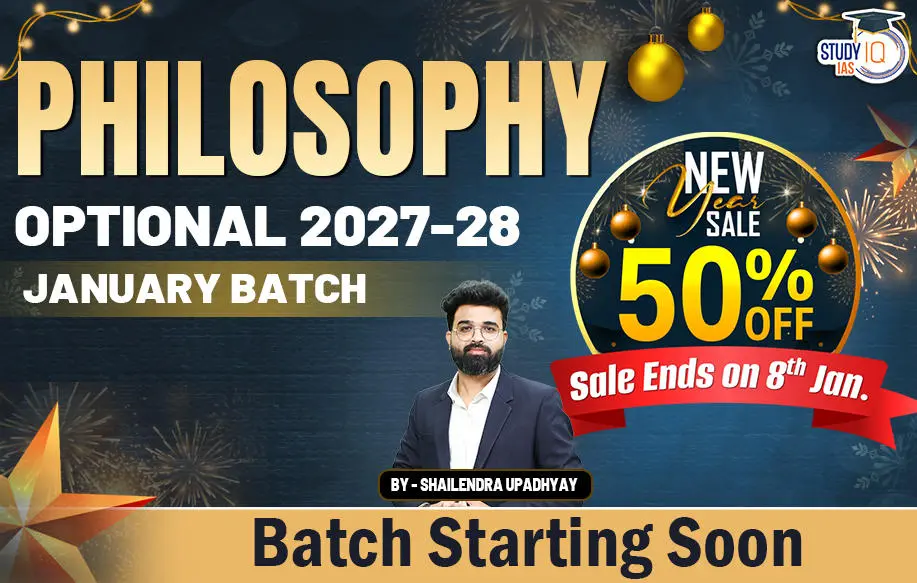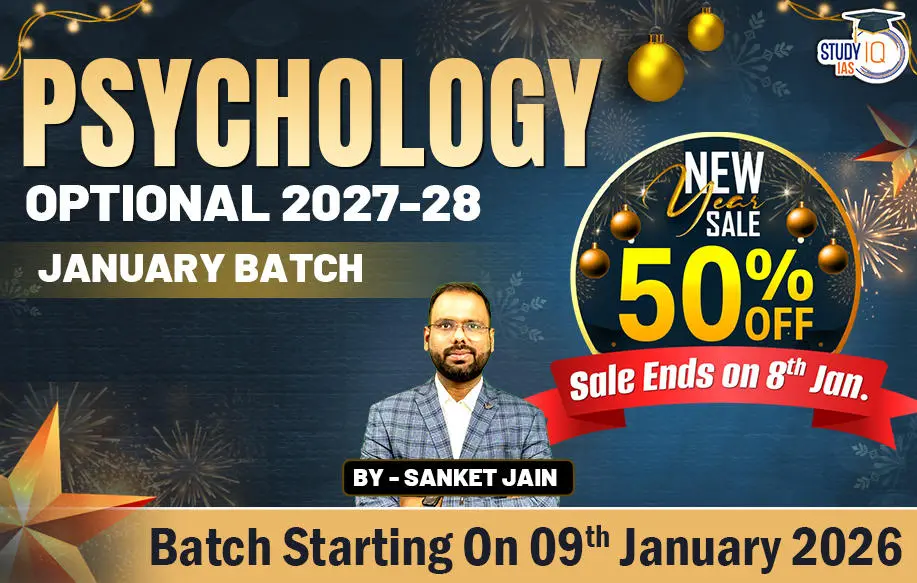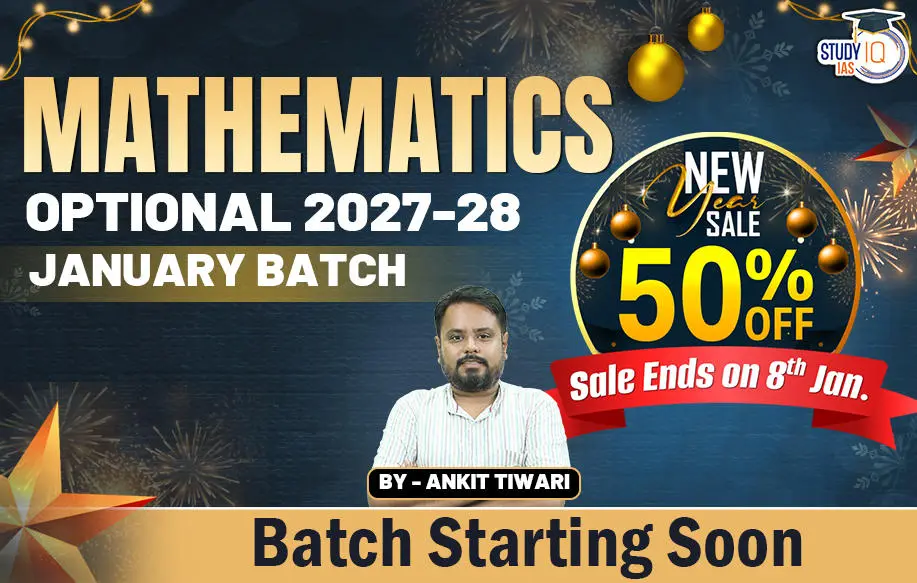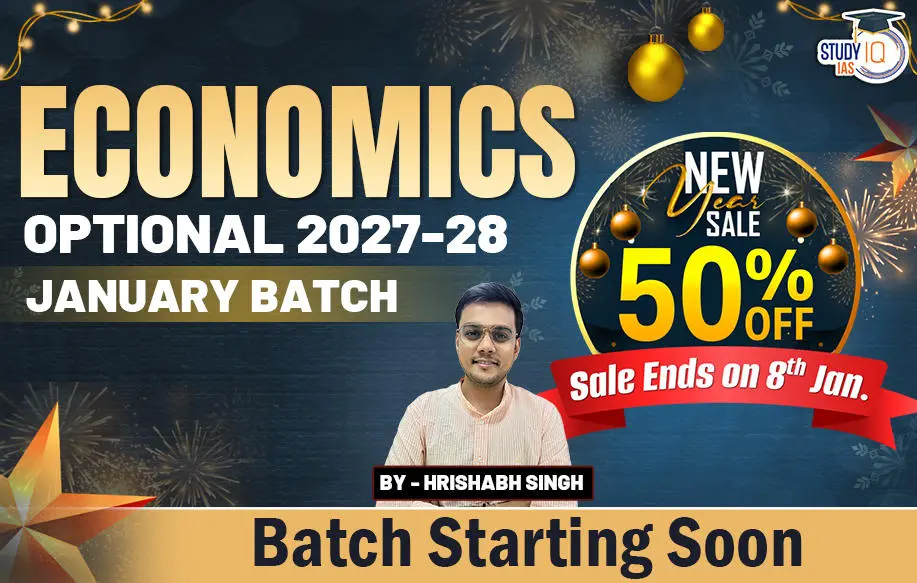Table of Contents
In the Indian parliamentary system, the Prime Minister holds a pivotal role within the Union Executive, alongside the President, Vice-President, and Council of Ministers. While the President serves as the symbolic head of state, it’s the Prime Minister who acts as the de facto head of the government. Check Out the Powers of the Prime Minister in detail in this article.
Powers of Prime Minister
In a parliamentary or semi-presidential system, the Prime Minister leads the executive branch, heading the Council of Ministers. Appointed by the President under Article 75 of the Indian Constitution, the Prime Minister oversees the Council of Ministers, advising the President according to Article 74(1). Covered in the UPSC Indian Polity and Governance Syllabus, the Prime Minister serves as the chief spokesperson and chairs Cabinet meetings, exercising significant powers within the government’s executive arm.
Powers and Functions of Prime Minister
- Advising the President: The Prime Minister helps the President distribute the government’s work to different ministries and offices. The Prime Minister also serves as the official link between the President and the Cabinet.
- Chairing the Cabinet: The Prime Minister chairs the Cabinet and presides over its meetings.
- Assigning portfolios: The Prime Minister has the authority to assign portfolios to Ministers.
- Selecting and dismissing council members: The Prime Minister can unilaterally select and dismiss members of the Council of Ministers.
- Allocating posts: The Prime Minister can unilaterally allocate posts within the government.
- Representing the country: The Prime Minister represents India at high-level international meetings.
- Sign or ratify treaties
- Recognize foreign governments
- Appoint ambassadors, permanent secretaries, and other officials
- Declare a state of emergency
- Confiscate, forfeit, or seize property and assets
- Issue pardons
- Detain felons or the insane
- Institute or quash legal proceedings
- Assert Crown immunity in legal proceedings
- Grant public interest immunity certificates
| Powers & Functions | Description |
|---|---|
| Head of the Union Council of Ministers |
|
| Functions in Relation to The President |
|
| Leader of the Lok Sabha |
|
| Other Functions & Powers |
|
Functions of Prime Minister
| Function/Responsibility | Description |
|---|---|
| Head of Government | Leads the executive branch of government, responsible for implementing laws and policies. |
| Chief Executive | Oversees the administration of government agencies and departments, ensuring their effective functioning. |
| Policy Formulation | Plays a key role in shaping the government’s agenda and policies, often in collaboration with other officials. |
| Legislative Leader | Works with the legislature to draft and pass legislation, often through persuasion and negotiation. |
| International Diplomacy | Represents the country on the global stage, conducting diplomacy, negotiating treaties, and attending summits. |
| Crisis Management | Takes charge during emergencies or crises, making crucial decisions to address challenges and protect citizens. |
| Economic Management | Develops and implements strategies to promote economic growth, stability, and prosperity within the country. |
| National Security | Oversees defense and security policies, ensuring the safety and protection of the nation and its citizens. |
| Public Relations | Communicates with the public, the media, and other stakeholders to explain government actions and priorities. |
| Party Leader | Leads the political party in power, maintaining party cohesion, and working to secure electoral support. |
Power Restrictions of Prime Minister
The power restrictions of a Prime Minister (PM) are influenced by the constitution, political system, and various checks and balances within the government. Some common limitations include:
- Legislative Power: Although PMs often wield significant influence over legislation, they typically require approval from the legislature. This process involves debate, potential amendments, and the possibility of rejection.
- Judicial Power: PMs lack direct control over the judiciary, which is meant to remain independent. They cannot overrule court decisions or interfere with legal proceedings.
- Oversight and Accountability: PMs are subject to oversight from bodies such as the legislature, independent commissions, and the media. These entities can investigate actions, expose wrongdoing, and recommend sanctions, including censure or impeachment.
- Constitutional Constraints: The constitution delineates the PM’s powers, outlining actions they cannot take, limiting authority during emergencies, or mandating adherence to advice from other bodies.
- Internal Party Dynamics: PMs must navigate the politics within their own party to maintain support and stay in power. This often requires compromise, negotiation, and adherence to party lines.
- Public Opinion and Media Scrutiny: PMs are under constant public and media scrutiny. Negative coverage or public disapproval can compel PMs to reconsider decisions or face political consequences.
- International Relations: While PMs represent their country on the global stage, their foreign policy decisions may require approval from other government bodies or be constrained by international agreements.
- Financial Restraints: PMs’ spending authority is subject to budgetary oversight and approval from legislative bodies. They cannot allocate funds freely without justification and legal procedures.
Misuse of Power by a Prime Minister
Despite the constraints on their power, PMs can still misuse their authority. Common forms of misuse include:
- Ignoring the Rule of Law: Twisting or breaking laws for personal gain, stifling dissent through legal means, or using laws against political rivals.
- Corruption and Self-Enrichment: Accepting bribes, embezzling public funds, or favoring family and friends for personal gain.
- Suppressing Dissent and Freedom of Speech: Curtailing protests, censoring media criticism, or controlling information to manipulate public opinion.
- Erosion of Democratic Institutions: Weakening judicial independence, undermining checks and balances, or interfering in electoral processes.
- Inciting Violence and Discrimination: Using rhetoric to promote hatred, targeting marginalized groups, or encouraging violence against perceived enemies.
- Aggrandizement of Power: Extending term limits, consolidating power within the executive branch, or obstructing transitions of power.
- Foreign Policy Adventurism: Engaging in reckless military actions, prioritizing personal interests over national security, or damaging diplomatic relationships.
- Misuse of Emergencies: Exploiting crises to expand power, infringing on civil liberties under the guise of ensuring safety.

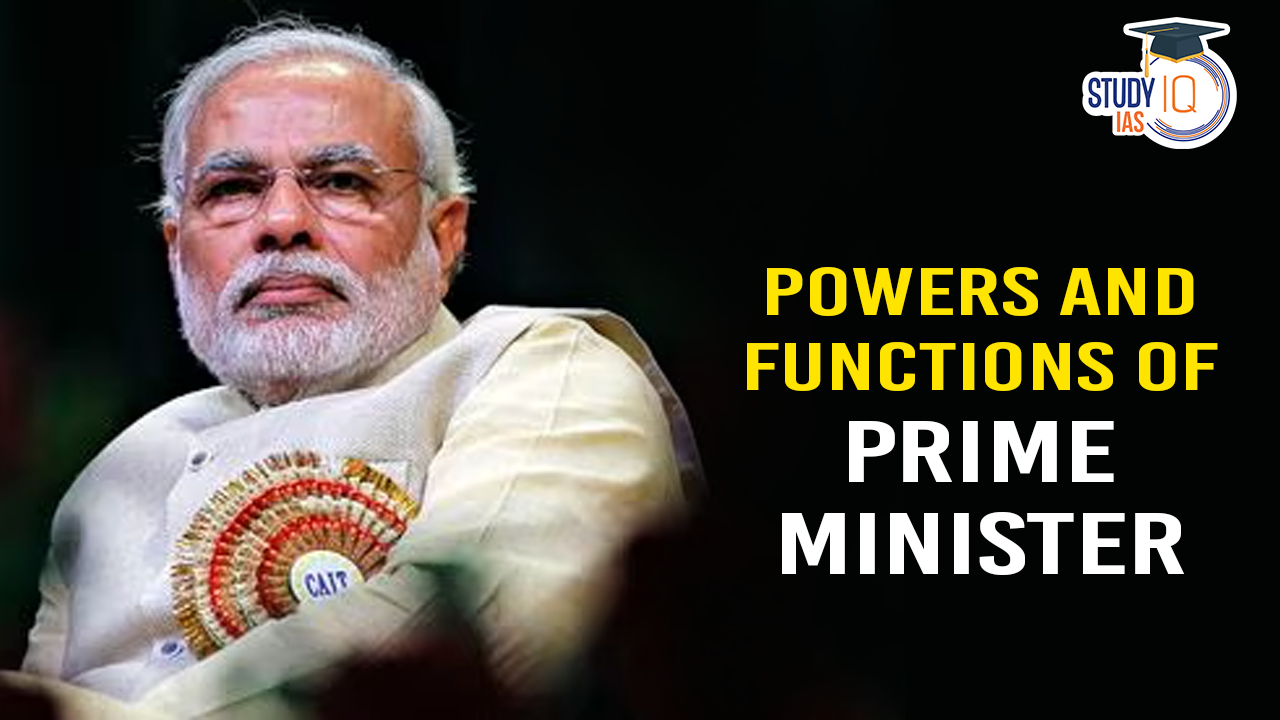
 SLAPP Suits: Meaning, Examples, Impact o...
SLAPP Suits: Meaning, Examples, Impact o...
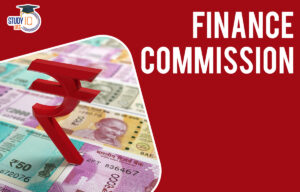 Finance Commission of India, Articles an...
Finance Commission of India, Articles an...
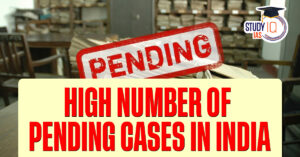 High Number of Pending Cases in Supreme ...
High Number of Pending Cases in Supreme ...

